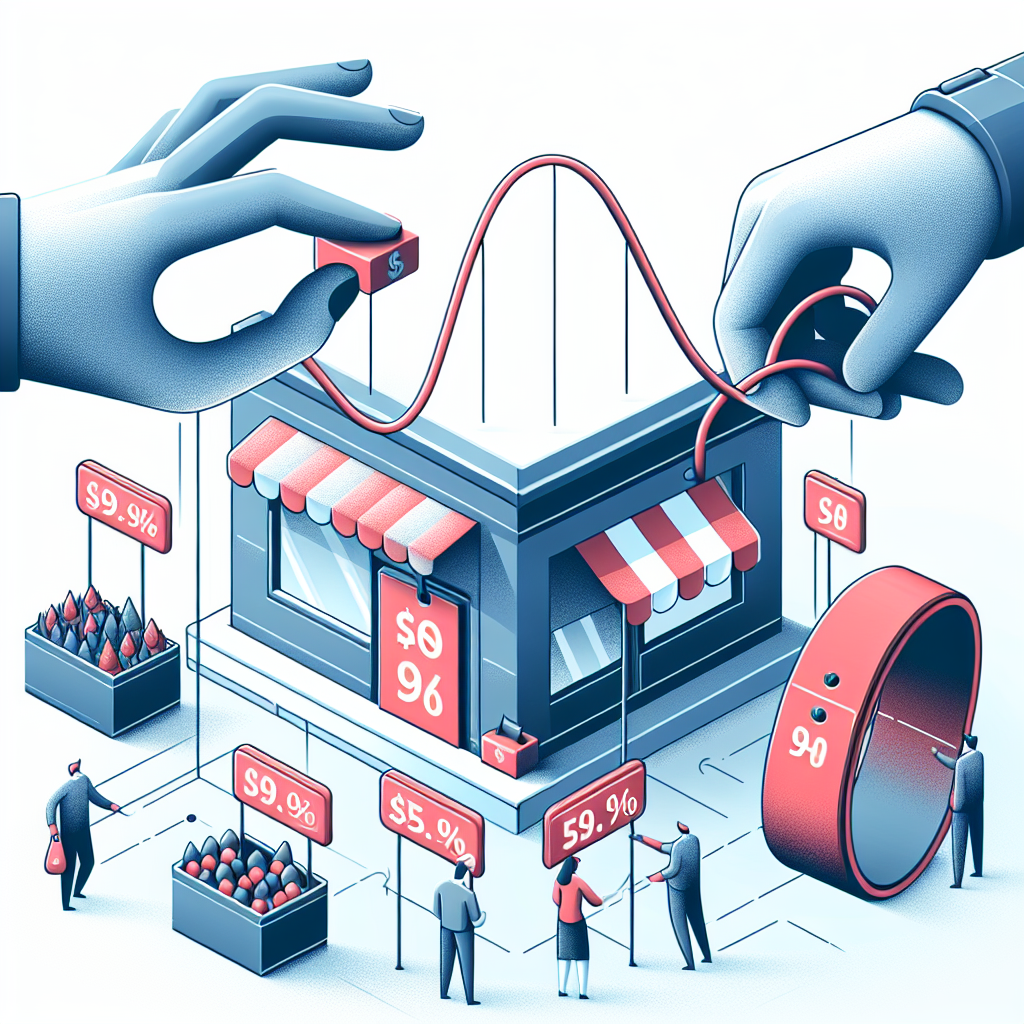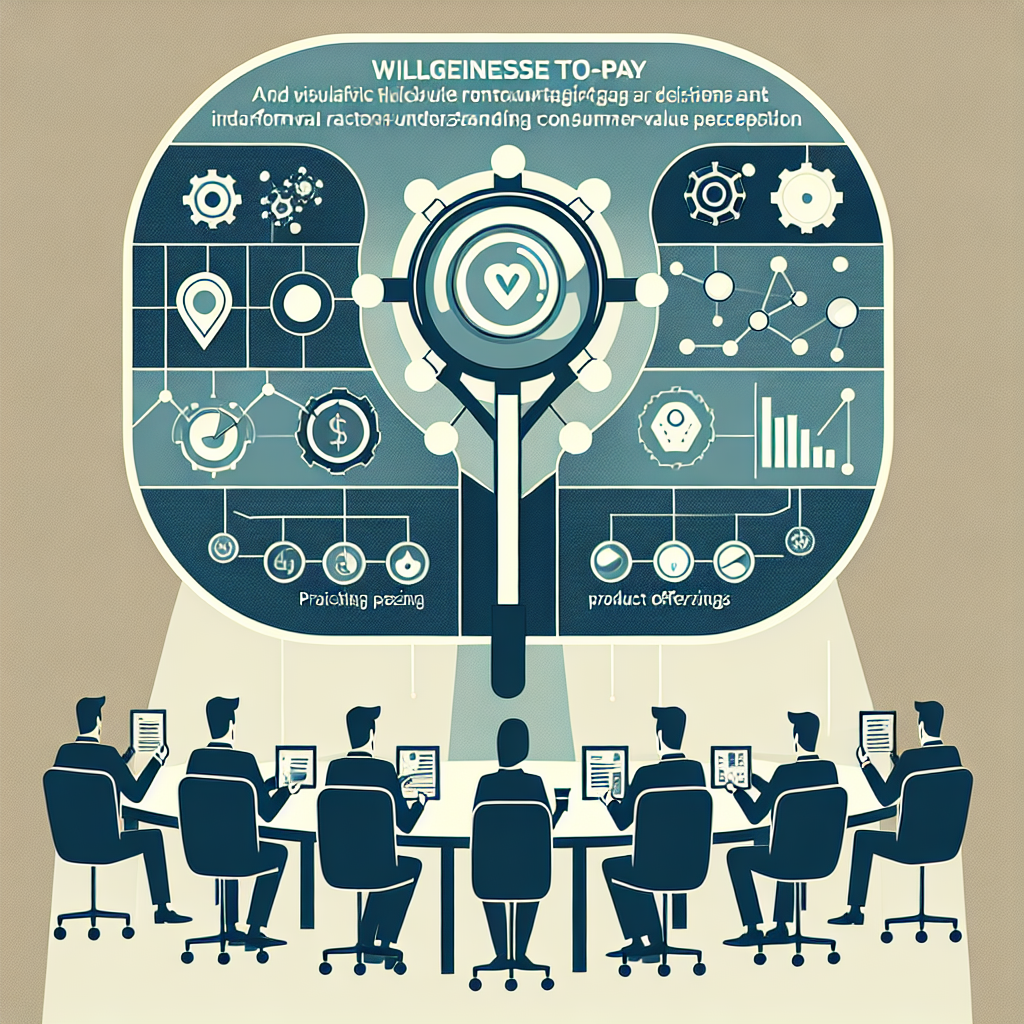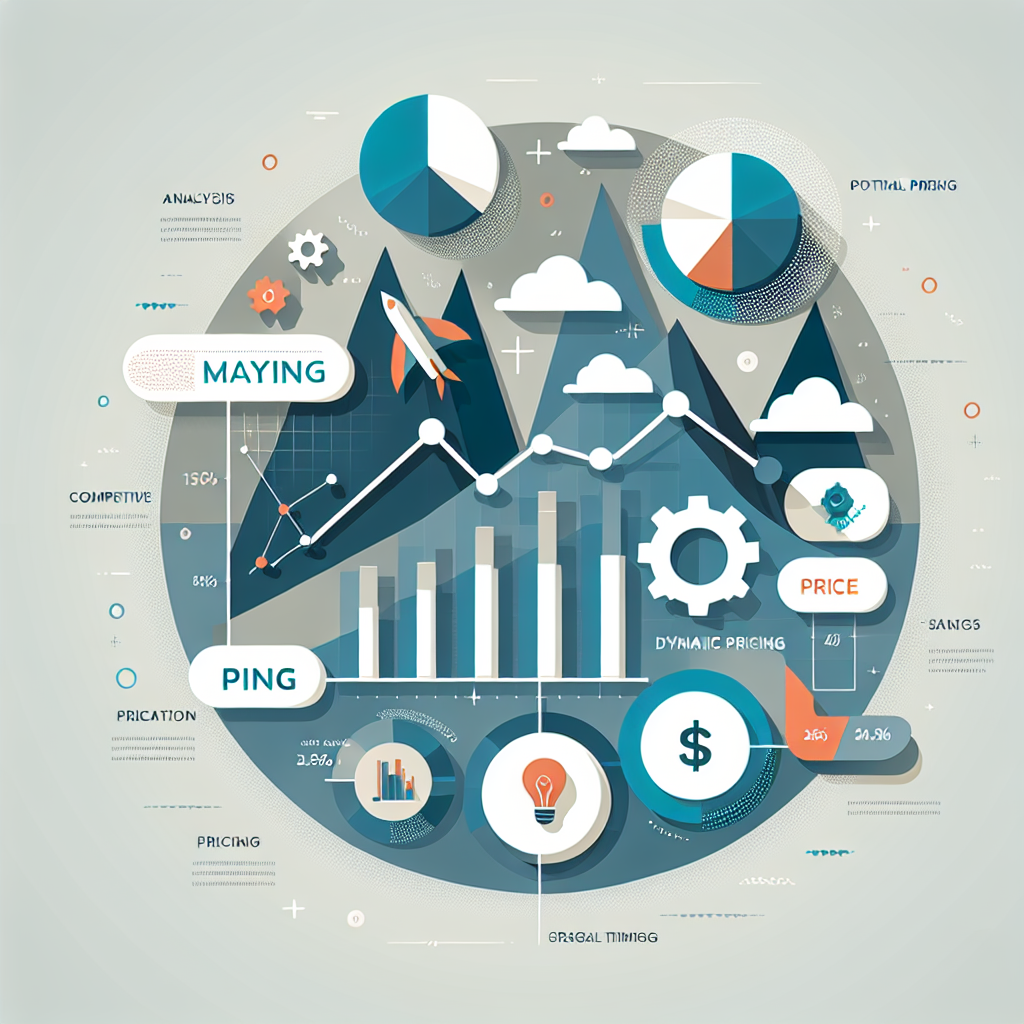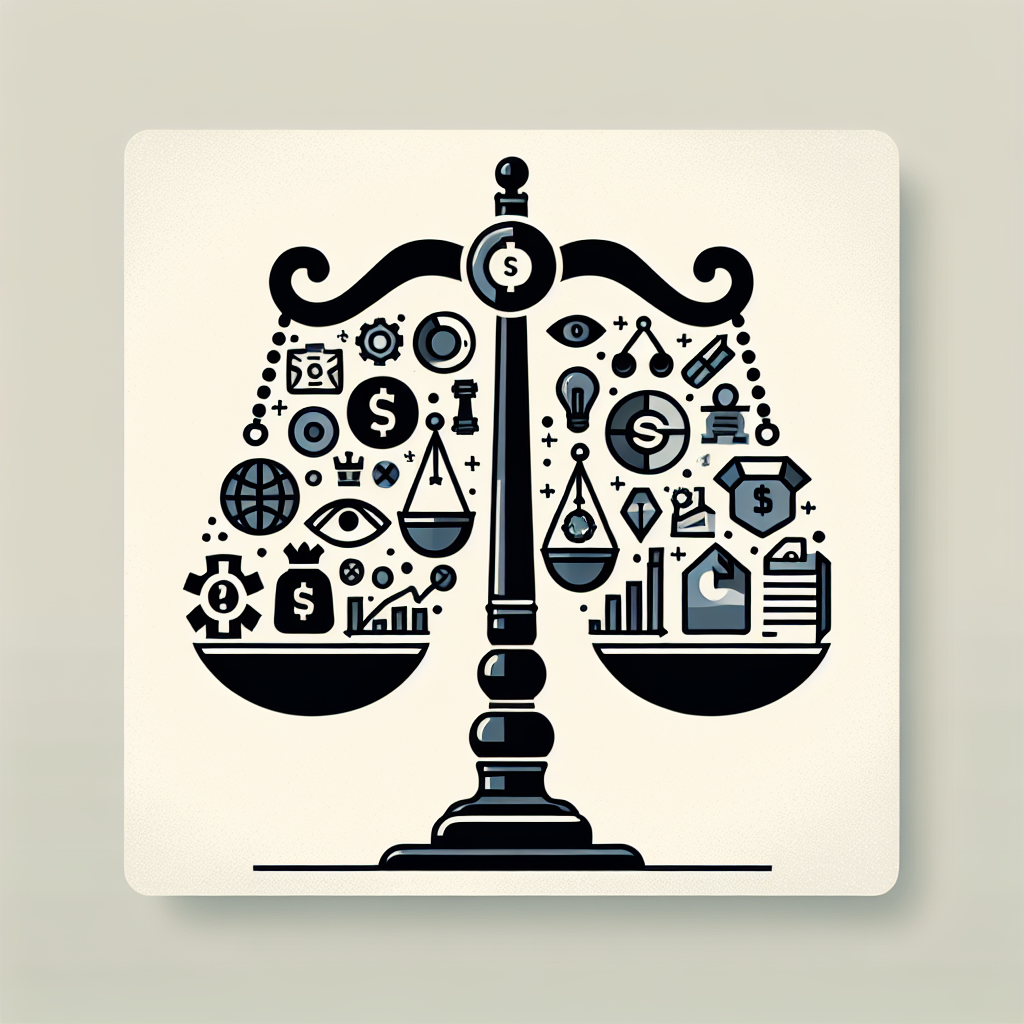The Psychology Behind Brand Loyalty
Chloe recently found herself in a heated debate with her brother-in-law during a family dinner. He couldn't understand why she insisted on driving across town to a specific grocery store when there were three others within walking distance of her apartment. As she tried explaining her unwavering loyalty to this particular store—their staff who recognize her, the specific products she’s grown accustomed to, the familiar layout that makes shopping efficient—she realized she was describing something deeper than convenience. Chloe was describing a psychological bond that had formed over time, transforming a simple retail choice into a relationship that felt almost personal. This experience prompted her to explore the fascinating psychological mechanisms that drive brand loyalty.
Introduction
Brand loyalty represents one of the most powerful forces in consumer behavior—a psychological commitment that transcends rational decision-making and creates enduring customer relationships. While marketing professionals often focus on the metrics and mechanics of loyalty programs, the true foundation of brand loyalty lies in understanding human psychology. Research from the Journal of Consumer Psychology indicates that emotionally connected customers deliver 52% more value to brands than those who are merely satisfied, highlighting the importance of psychological factors in driving loyalty behaviors.
This article examines the psychological underpinnings of brand loyalty, exploring how emotional triggers, habit formation, and social influence create the powerful bonds between consumers and their preferred brands.
1. Emotional Triggers
Emotional connections form the bedrock of enduring brand loyalty, with neurological research confirming that emotionally engaged consumers show substantially higher retention rates and lifetime value. This emotional engagement operates through several key mechanisms:
Identity Alignment
occurs when brands become extensions of consumer self-concept. When customers perceive a brand as reflecting their ideal or actual identity, making a purchase becomes an act of self-expression rather than mere consumption. Harley-Davidson exemplifies this through their cultivation of an identity-based community where ownership transcends transportation to become a lifestyle statement.
Emotional Memory Formation
operates through the brain's limbic system, which processes emotions and plays a crucial role in memory consolidation. Experiences involving strong emotions—whether through storytelling, exceptional service recovery, or milestone moments—create neural pathways that strongly influence future purchasing decisions. Neuroscientist Antonio Damasio's research demonstrates that emotional associations serve as critical guides in decision-making contexts, explaining why emotionally resonant brands often outperform those focusing solely on functional benefits.
Trust Development
builds through consistent positive experiences that activate the brain's reward centers. When brands repeatedly deliver on promises, they create neurological reward patterns that reinforce return behavior. This neurological reinforcement explains why trust violations (like product failures or service breakdowns) require multiple positive experiences to restore previous loyalty levels.
Belonging and Community
activate our fundamental need for social connection. Brands that foster community—whether through shared experiences, rituals, or collective identity—tap into the brain's social processing systems. Apple's product launches exemplify this community-building approach, creating shared experiences that reinforce group identity and brand commitment.
2. Habit Formation
Psychological research reveals that approximately 45% of daily behaviors are habitual, operating through automatic neural pathways rather than conscious decision-making. This habit-forming mechanism plays a crucial role in brand loyalty:
Neurological Automation
occurs as repeated behaviors create efficiency-seeking neural pathways. According to research from University College London, behaviors require approximately 66 days to become automatic, explaining why brands that establish themselves within customer routines gain significant competitive advantage. Once a brand becomes habituated, the psychological switching cost increases dramatically.
Trigger-Routine-Reward Loops
form the psychological framework for habit development. As described in Charles Duhigg's research, these loops begin with triggers (situational cues), continue with routines (the behavior itself), and conclude with rewards (the positive outcome). Brands that deliberately design these loops—like Starbucks creating environmental triggers, simplified ordering routines, and multisensory rewards—establish powerful habitual loyalty.
Cognitive Load Reduction
represents a powerful psychological benefit of brand loyalty. When consumers operate in autopilot mode with familiar brands, they conserve cognitive resources for other decisions. This explains why stressed or busy consumers often default to familiar brands—the psychological relief of not having to evaluate options provides its own reward.
Uncertainty Avoidance
functions as a powerful psychological driver, as humans are naturally risk-averse in many contexts. Familiar brands represent known quantities that reduce anxiety around purchase decisions. This avoidance of uncertainty explains why consumers often remain loyal even when presented with potentially superior alternatives—the psychological cost of change outweighs the perceived benefit.
3. Social Proof Influence
Our decisions are profoundly influenced by social contexts, with psychological research confirming that we use others' behaviors as decision-making shortcuts. This social influence mechanism affects brand loyalty through several channels:
Reference Group Conformity
operates when consumers adopt brand preferences from social groups they identify with or aspire to join. Research from the Journal of Consumer Research demonstrates that visible brand choices often serve as social signaling mechanisms, explaining why certain brands achieve concentrated popularity within specific demographic or psychographic segments. Tesla's initial market penetration exemplifies this dynamic, with early adopters forming a distinct social identity group.
Social Validation
affects decision-making through our inherent need for approval. When we observe others—particularly those we perceive as similar to ourselves—consistently choosing certain brands, we unconsciously interpret this as validation of quality or value. This psychological mechanism explains the power of user-generated content in building brand credibility and loyalty.
Authority Influence
leverages our tendency to trust experts and authority figures. When respected sources recommend brands or products, this creates powerful psychological permission for consumers to trust and choose those options. This explains why influencer marketing and expert endorsements continue to drive significant brand loyalty despite consumers' claimed immunity to such tactics.
Fear of Missing Out (FOMO)
represents a powerful social anxiety that drives brand engagement and loyalty. Limited-time offers, exclusive access, and membership programs all leverage this psychological principle by creating perceived scarcity and exclusivity. Brands like Nike with their limited edition releases have mastered the art of creating loyalty through managed scarcity and social visibility.
Conclusion
Brand loyalty emerges from a complex interplay of emotional connections, habitual behaviors, and social influences that together create psychological bonds between consumers and brands. Understanding these mechanisms allows marketers to move beyond transactional loyalty programs to create meaningful relationships based on psychological principles.
As digital technologies continue transforming consumer experiences, the psychological foundations of loyalty remain remarkably consistent. Brands that understand and respect these psychological drivers—creating emotional resonance, reducing cognitive load through thoughtful design, and leveraging social dynamics—will continue building enduring customer relationships regardless of technological change.
Call to Action
For marketing leaders seeking to strengthen psychological brand loyalty:
- Conduct emotional journey mapping to identify key moments of connection
- Audit customer experience for unconscious habit-forming triggers and barriers
- Develop social proof strategies that leverage specific reference groups
- Invest in behavioral research to understand the psychological drivers of your specific customer base
- Train customer-facing staff in the psychology of trust development
In an era where consumers face unprecedented choice, understanding the psychology behind loyalty creates the foundation for sustainable competitive advantage. The brands that will thrive tomorrow are those that respect the psychological complexity of human decision-making today.
Featured Blogs
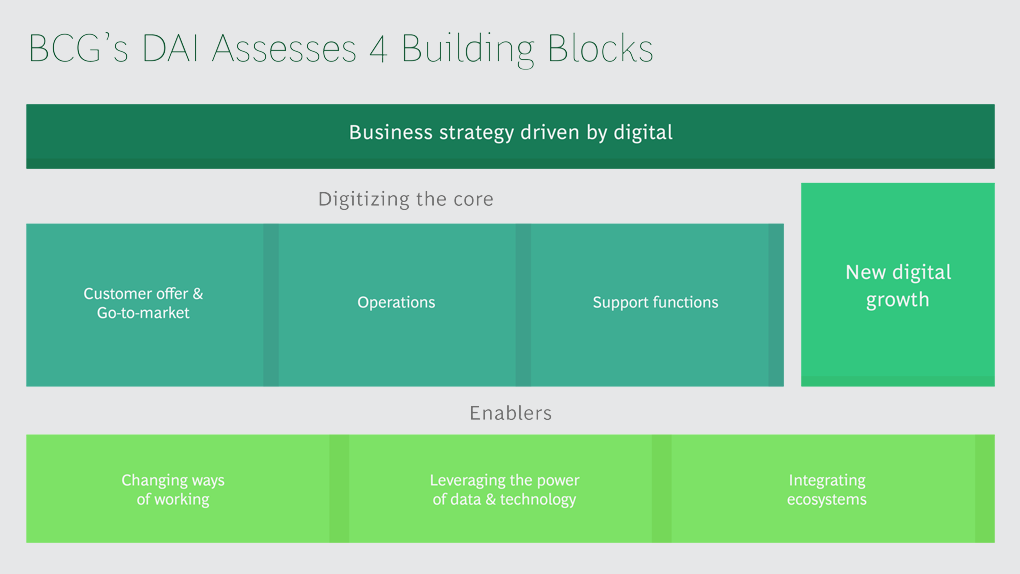
BCG Digital Acceleration Index
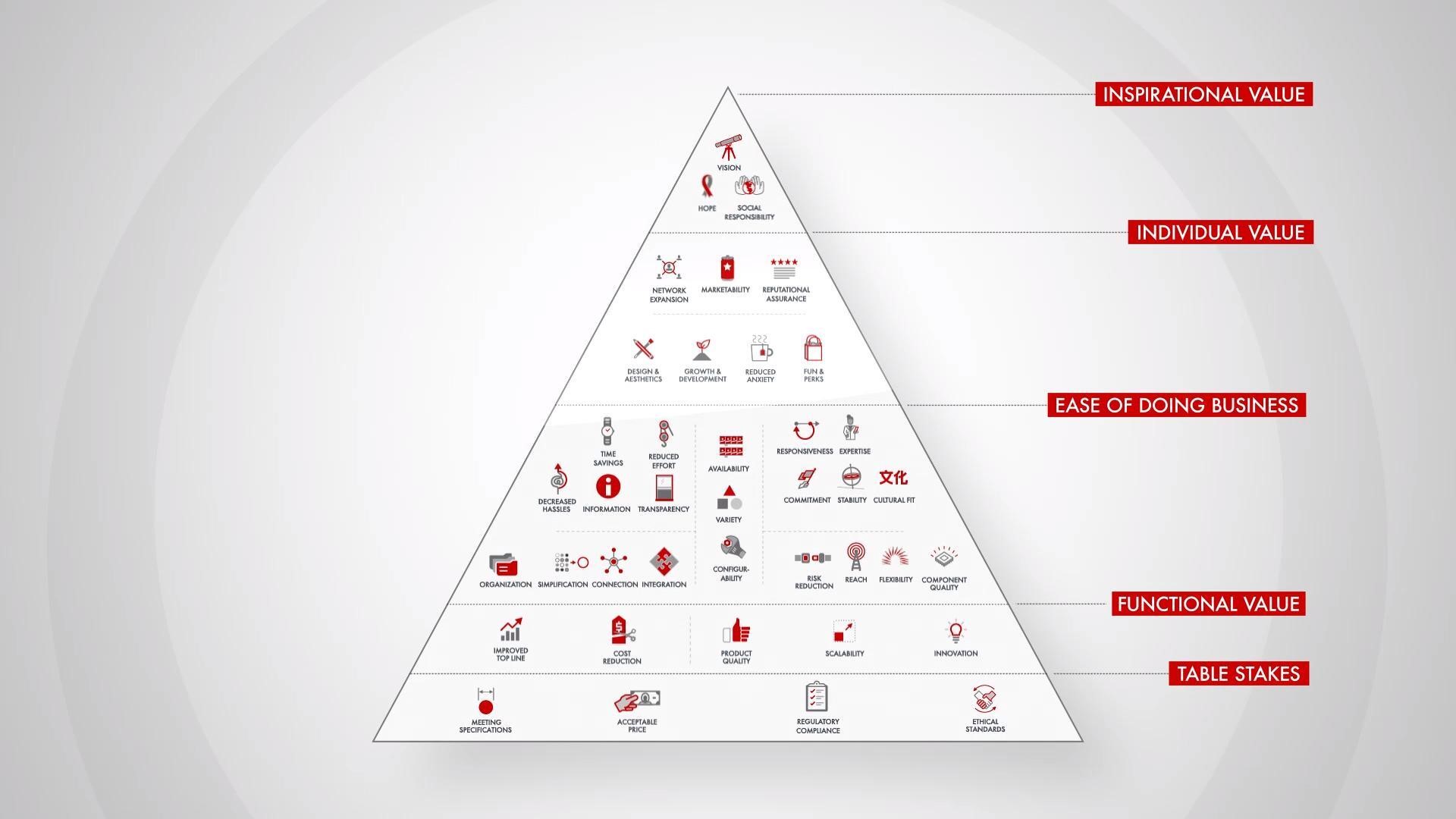
Bain’s Elements of Value Framework
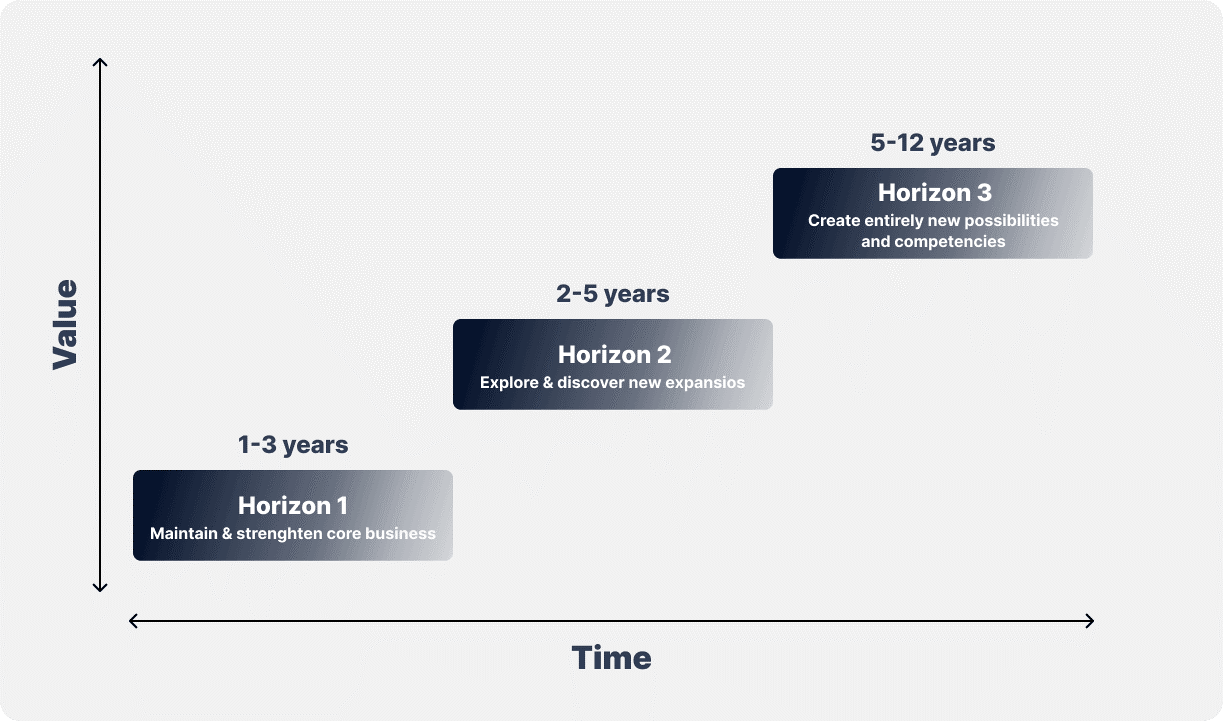
McKinsey Growth Pyramid
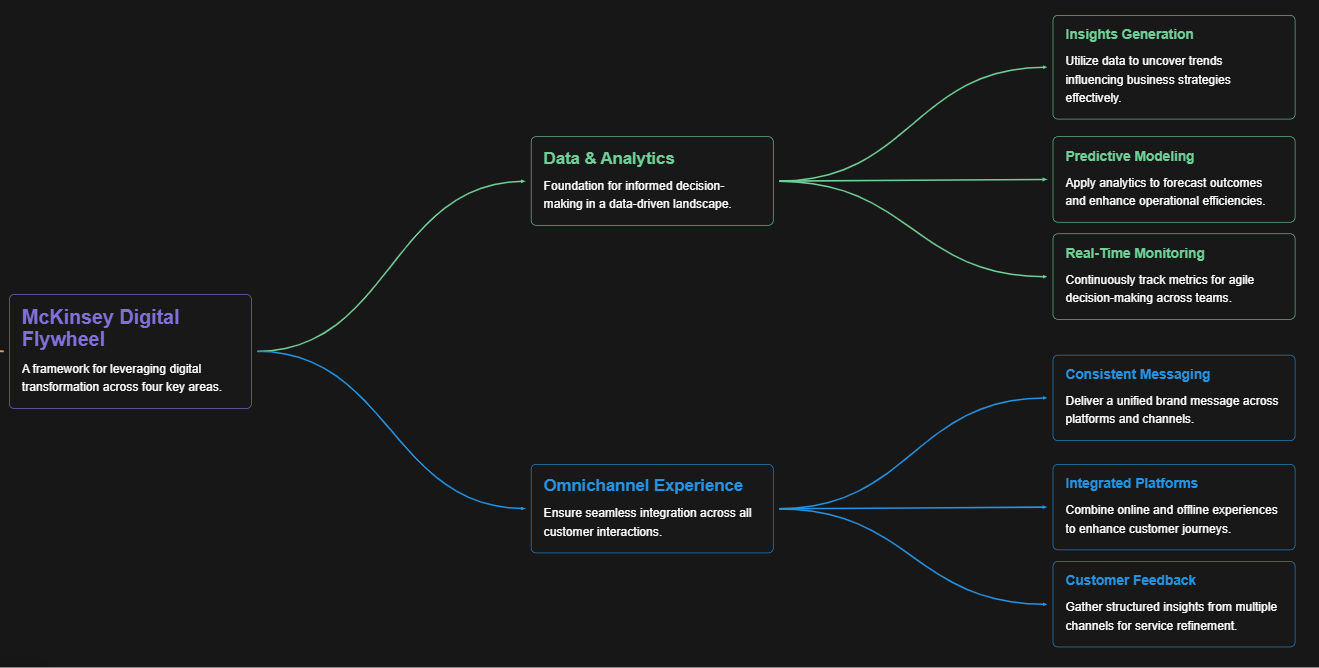
McKinsey Digital Flywheel
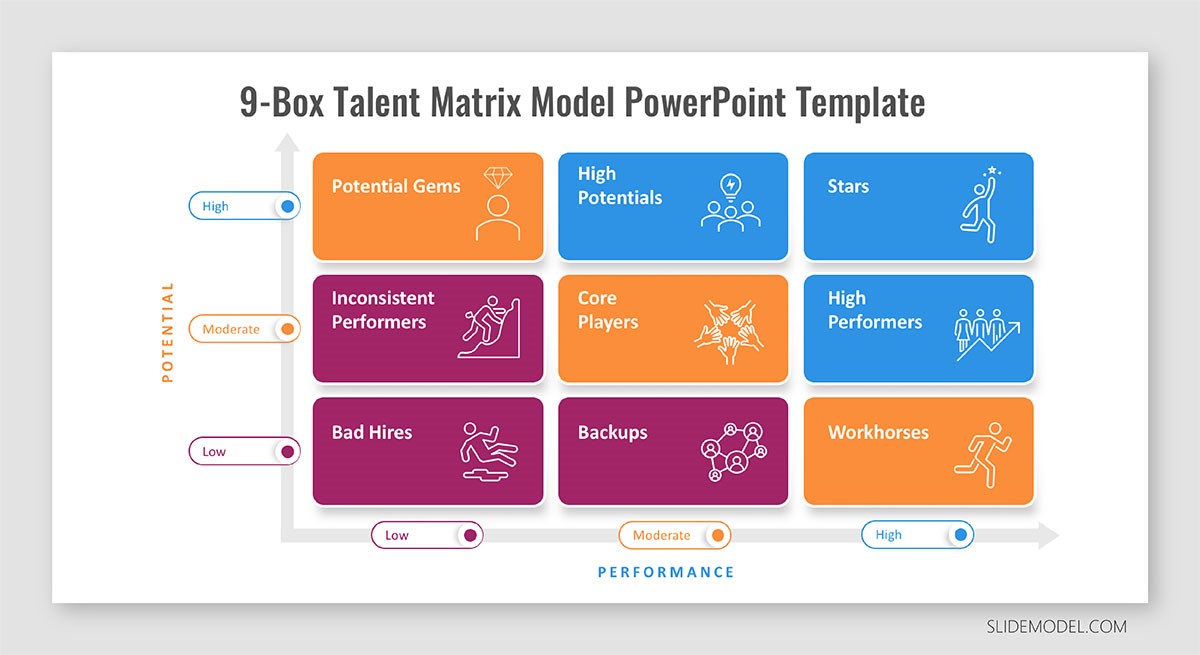
McKinsey 9-Box Talent Matrix
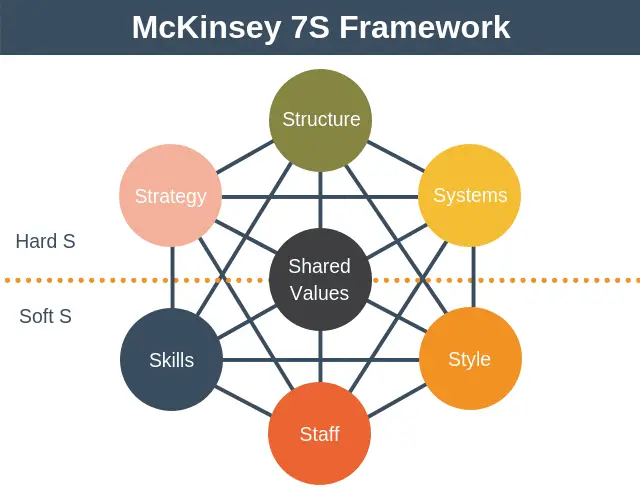
McKinsey 7S Framework
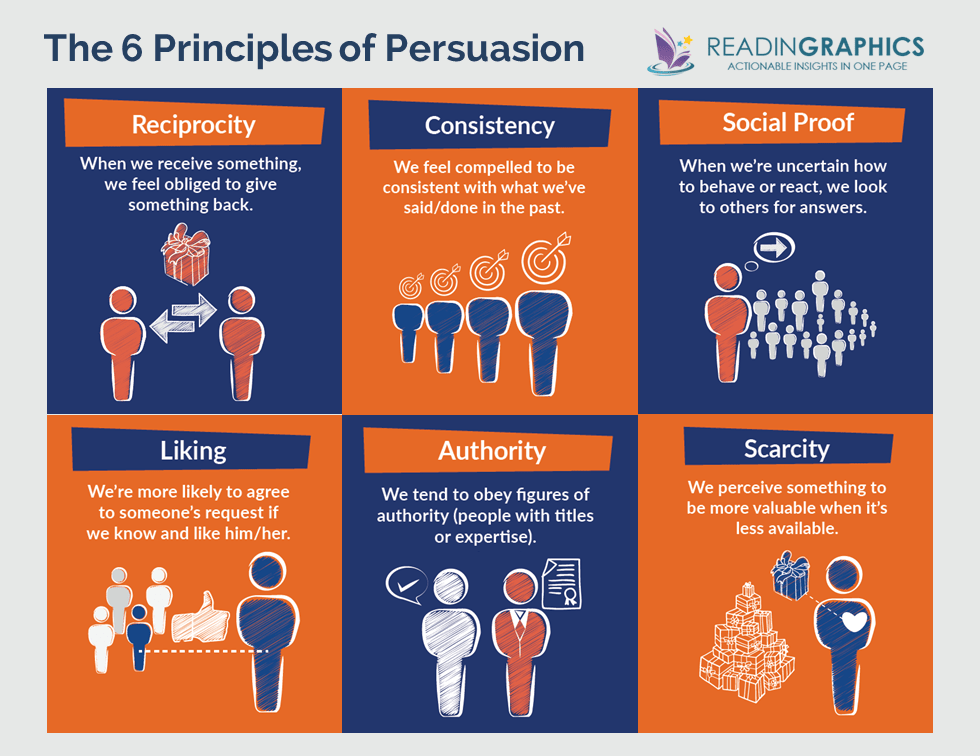
The Psychology of Persuasion in Marketing
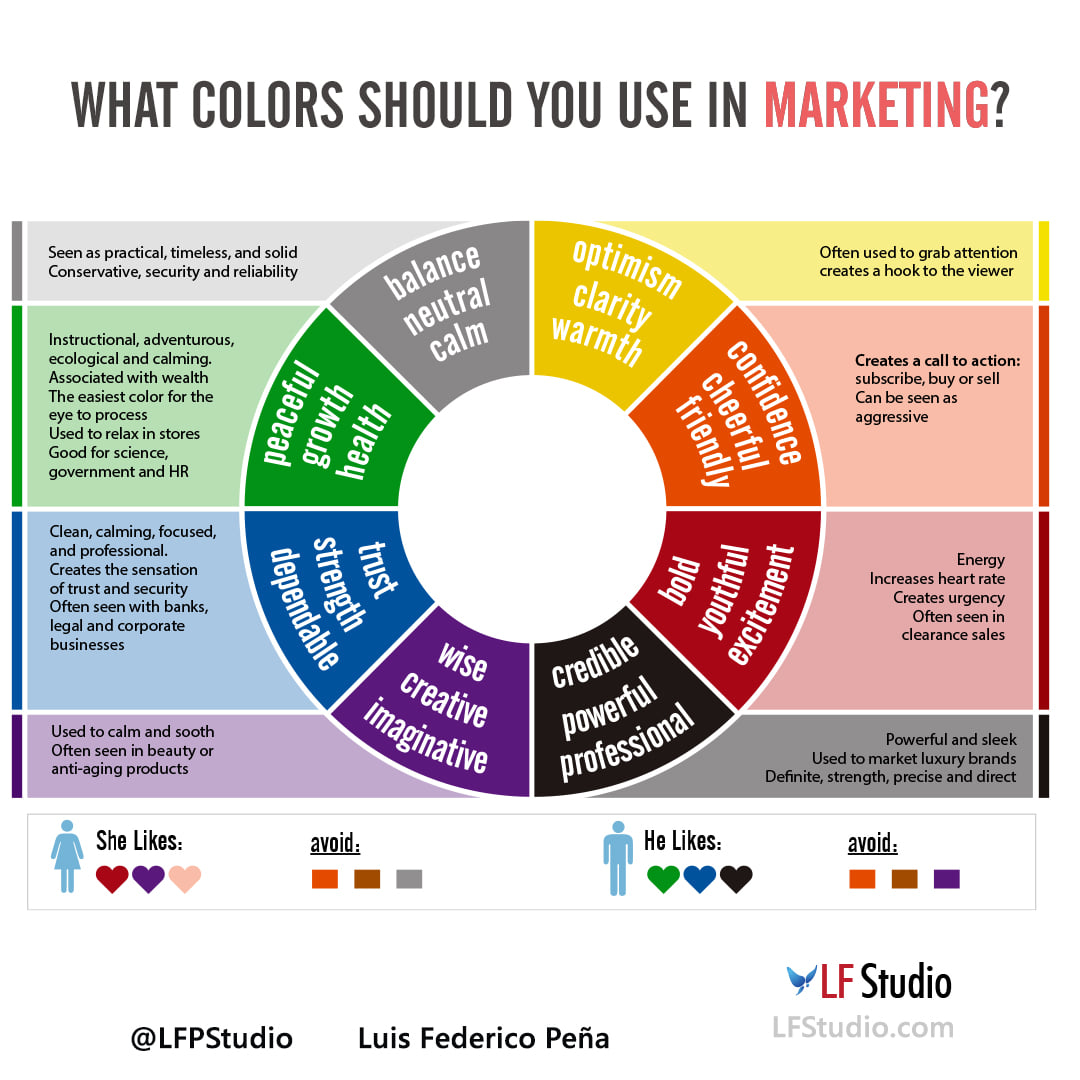
The Influence of Colors on Branding and Marketing Psychology



